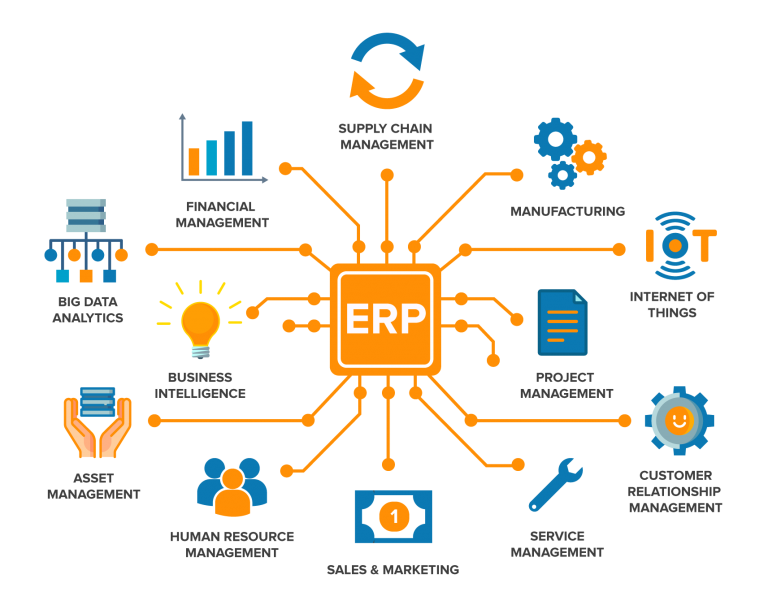The global enterprise software market represents the digital central nervous system of modern commerce, providing the critical applications and platforms that organizations rely on to manage their core business processes, from finance and human resources to customer relationships and supply chains. This expansive and mission-critical sector is undergoing a profound transformation, driven by the inexorable shift to cloud computing, the infusion of artificial intelligence, and the escalating demand for data-driven decision-making. As organizations navigate the complexities of digital transformation, their reliance on sophisticated enterprise software—including Enterprise Resource Planning (ERP), Customer Relationship Management (CRM), Supply Chain Management (SCM), and Human Capital Management (HCM) systems—has never been greater. A thorough market analysis focused on the leading Enterprise Software Market Companies is therefore essential for understanding the competitive landscape, the strategic direction of key players, and the technological innovations that are shaping the future of how businesses operate on a global scale.
The competitive ecosystem of this market is dominated by a mix of long-standing behemoths and more recent, cloud-native challengers. At the forefront are the legacy giants, Oracle and SAP, who have built their empires on the foundation of on-premises database and ERP systems and are now aggressively transitioning their massive customer bases to their respective cloud offerings. Competing directly with them is the pioneer of the software-as-a-service (SaaS) model, Salesforce, which continues to command the CRM market while strategically expanding into a broader customer engagement and data platform. Microsoft has emerged as a formidable force across the entire enterprise software stack, leveraging its Azure cloud infrastructure and dominant position in productivity software to drive the adoption of its Dynamics 365 suite of business applications. Beyond these titans, a tier of specialized leaders has carved out significant market share in specific domains, including Workday in HCM and finance, ServiceNow in IT service management and workflow automation, and Adobe in digital experience and marketing clouds.
The strategic focus for all these leading companies has coalesced around several key themes. The first and most critical is the creation of powerful, integrated cloud platforms rather than siloed, standalone applications. These platforms are designed to serve as a single source of truth for enterprise data and are increasingly extensible through robust APIs and partner marketplaces, creating a powerful ecosystem effect that increases customer loyalty and creates high switching costs. The second major strategic thrust is the deep integration of artificial intelligence and machine learning capabilities into core application workflows. This transforms traditional software from a passive system of record into an intelligent, proactive engine that can provide predictive insights, automate complex tasks, and deliver personalized experiences. The Enterprise Software Market size is projected to grow USD 1,000 Billion by 2035, exhibiting a CAGR of 5.57% during the forecast period 2025 - 2035. This relentless push towards intelligent, platform-centric solutions is the primary battleground where market leadership will be won and lost in the coming decade.
Top Trending Reports -
Threat Intelligence Security Service Market
 Free IL
Free IL


